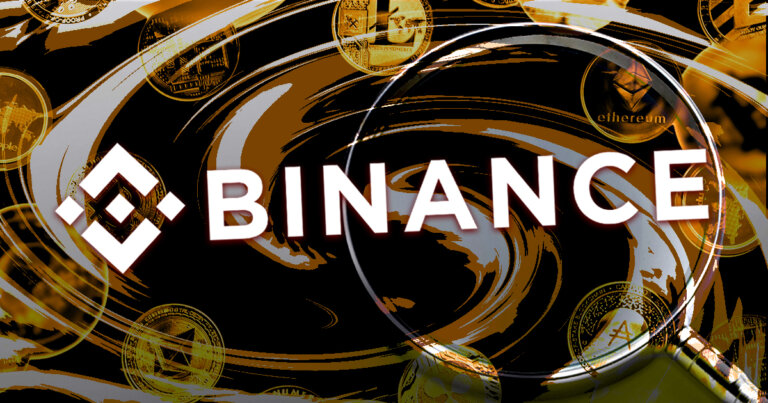 Binance execs used Signal, discussed Hamas funds, told customers how to use VPNs: CFTC filing
Binance execs used Signal, discussed Hamas funds, told customers how to use VPNs: CFTC filing Binance execs used Signal, discussed Hamas funds, told customers how to use VPNs: CFTC filing
The CFTC alleged that Binance executives have engaged in wrongdoing.

Cover art/illustration via CryptoSlate. Image includes combined content which may include AI-generated content.
Binance faces various allegations from the U.S. Commodities and Futures Trade Commission (CFTC) that point toward wrongdoing among company executives.
Binance used Signal’s auto-delete feature
On March 27, the CFTC filed charges against the leading crypto exchange Binance. Though its charges primarily suggest that Binance went against regulations to serve U.S.-based customers, those allegations also describe other improper actions.
Notably, the CFTC highlighted the fact that Binance executives used the messaging application Signal to communicate. It added that the application’s auto-delete feature allowed executives to delete records of discussions of incriminating activity.
The regulator alleged that Binance used Signal to communicate internally and with customers alike. Specifically, the CFTC said that discussions around U.S. restrictions were conducted over Signal — a practice that was “mandated” by Binance CEO Changpeng Zhao, according to former Binance compliance officer Samuel Lim.
Compliance officer knew about illegal use
The CFTC also highlighted Binance’s ties to illegal activity.
Specifically, the CFTC said that Binance received information about transactions linked to the Islamic terrorist group Hamas around February 2019. Soon after that, Lim acknowledged the fact by stating in a message that terrorist groups often send “small sums” because larger amounts are considered to be money laundering.
In 2020, Lim commented on funds from Russian and other users, stating: “come on … they are here for crime.” Another executive said: “we see the bad, but we close [two] eyes.”
Lim furthermore allowed a customer whose transactions were linked to illegal activity to continue using Binance with a new account. Elsewhere, Lim discouraged the closure of high-risk accounts, stating “Offboarding = bad in [Changpeng Zhao]’s eyes.”
Binance told users how to use VPNs
Another section of the CFTC’s filing suggests that Binance told customers how to bypass its geofencing measures by using a virtual private network (VPN).
Binance stopped serving customers in the United States in 2019 but posted a VPN guide soon after that. Though the guide has been deleted, the CFTC said that one section of the page informed users that VPNs can be used to “unlock sites that are restricted.”
The advice was seemingly deliberate: in conversation logs, Lim said that Changpeng Zhao wanted users to know how to use a VPN to access Binance. He also suggested that third parties can tell users to access VPNs, even though Binance itself could not do so.
Lim recognized in yet another conversation that changing a U.S. users’ status to non-U.S. is fraud, but said that Binance can encourage users to use a non-KYC account or VPN.
Binance countered these assertions in a statement today, stating that it blocks U.S. customers based on their cellphone service provider, credit card location, and KYC data — not just their IP address, which is the only block that a VPN would circumvent.
Binance has additionally addressed employee trading on its own platform but otherwise has not yet addressed most of the CFTC’s concerns.



 CryptoQuant
CryptoQuant 


























































































